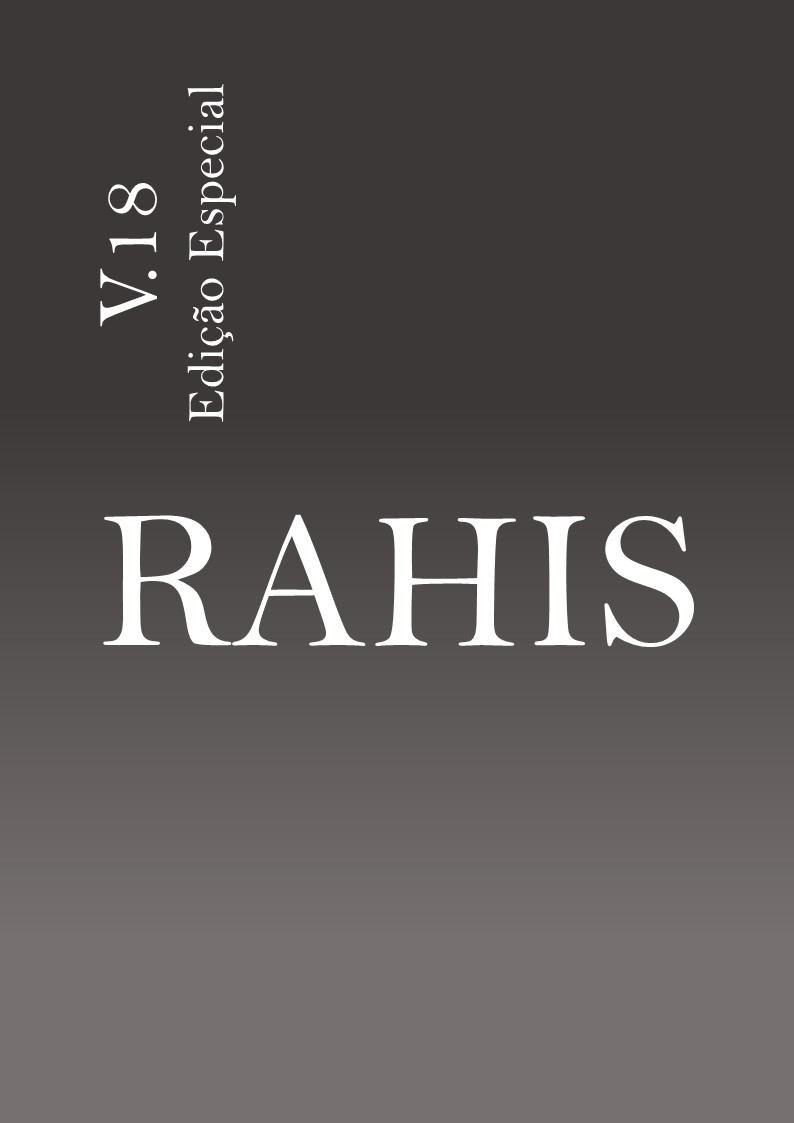Abstract
People with disabilities have the right to housing guaranteed by Brazilian law. A right that is difficult to be enforced because there is a huge challenge between the situation in which the country finds itself and what it wishes to achieve . In this article, we present a set of arguments based on a literature review and the experience of the XXX Institute, which was created to promote autonomy and independent living for people with disabilities through the model of independent housing. We use international concepts to describe two types of housing models for people with disabilities: the collective and the individual. On this basis, we present the experience of dialogues with families, people with disabilities and representatives of different levels of government, to suggest the hypothesis that the culture of the Brazilian family – which believes that the best care to be given to a child with a disability is that of his mother and, in his absence, by another family member – reinforces the absence of public policies, generating a vicious circle and compromising the urgency to fill the lack of housing options to allow this right to be achieved.
